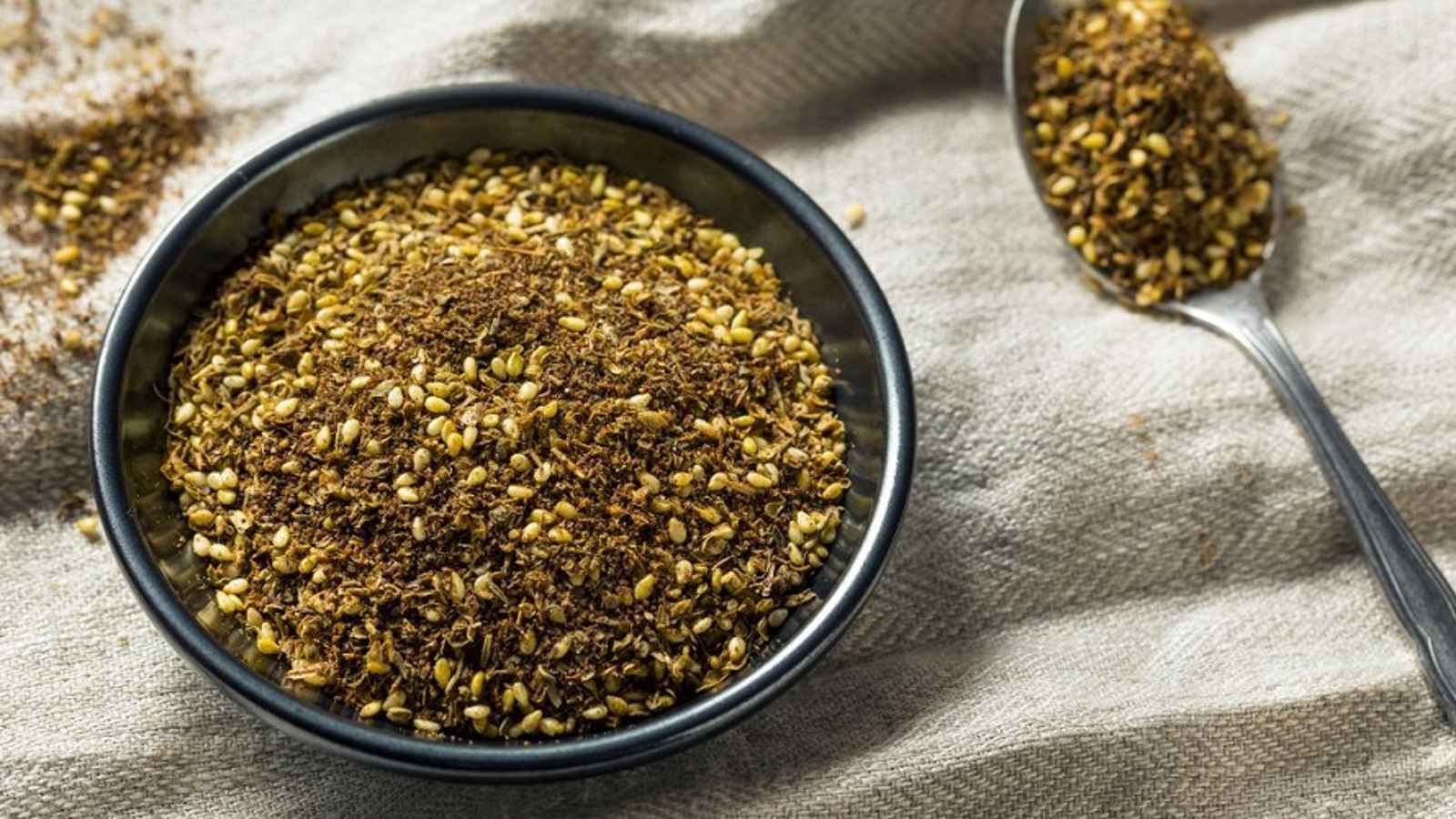Za’atar Day 2023: On September 23, Za’atar Day is celebrated as a cultural holiday honoring the herb Za’atar, which is a key ingredient in the cuisine of North Africa and the Middle East. Za’atar is used as a condiment for meats and vegetables, and it can also be dusted on hummus. Za’atar is also consumed for breakfast with labneh, a tangy, creamy cheese prepared from yogurt, bread, and olive oil. Za’atar is most prevalent in Jordan, Palestine, Israel, Syria, and Lebanon, in addition to other Arab countries. The outer coating of the Lebanese delicacy “shanklish,” which consists of dry-cured labneh balls, can be coated in za’atar.
The background of Za’atar Day
In Jewish tradition, Saadiah, Ibn Ezra, Maimonides, and Obadiah ben Abraham all identified the “ezov” mentioned in the Hebrew Bible with the Arabic term ‘za’atar,’ which is especially associated with ritual purity ceremonies, such as the preparation of the red heifer’s ashes. Before departing Egypt, the Children of Israel are said to have used ezov/za’atar stalks to smear the blood of the Passover sacrifice on the doorposts of their homes. In addition to other spiced salts, Za’atar has been a fixture in Arab cuisine since the Middle Ages and continues to be used today. Some Palestinians consider the prevalence of za’atar to be emblematic of a Palestinian household, because of its historical significance. For Palestinian refugees and other Palestinians living abroad, cultural flora and foods such as za’atar serve as a symbol and reminder of their ancestral home, village, and region. Archeological evidence indicates that the za’atar plant was known and used in Ancient Egypt, although its ancient appellation is uncertain. According to Dioscorides, the remains of Thymbra spicata, the species used in modern za’atar preparations, were discovered in the tomb of Tutankhamun. This species was known to Ancient Egyptians as “saem.” In 1977, after ecologists determined that untamed za’atar in Israel was on the verge of extinction due to overharvesting, it was declared a protected species.
National Seat Check Saturday 2023: Date, History, Facts about Safety of Child Passenger
National Public Lands Day 2023: Date, History, Facts, Activities
National Hunting and Fishing Day 2023: Date, History, Facts, Activities
DAY OF ZA’ATAR ACTIVITIES
Include za’atar in your dishes.
In honor of Za’atar Day, why don’t you add some zest to your meals by incorporating za’atar? You ought to attempt it!
Make ready some musakhan
Both Za’atar and musakhan have historical and cultural significance for Palestinians. Za’atar Day calls for the preparation and consumption of musakhan flavored with za’atar.
Share your favorite dishes online
Do you have any delicious Za’atar-flavored meal ideas or recipes? Yes? Then you should publish these thoughts online with the hashtag #Za’atarDay.
Facts
Some of the ancient Egyptian deceased were mummified with za’atar.
Za’atar is utilized as an air freshener in Greek sanctuaries.
It is prescribed for the treatment of bacterial and fungal infections.
Because Shakespeare used it in his writing, thyme became more prominent during the time of Shakespeare.
Za’atar is one of the most emblematic components of Arabic cuisine.
ZA’ATAR DAY DATES
| Year | Date | Day |
|---|---|---|
| 2023 | September 23 | Saturday |
| 2024 | September 23 | Monday |
| 2025 | September 23 | Tuesday |
| 2026 | September 23 | Wednesday |
| 2027 | September 23 | Thursday |




